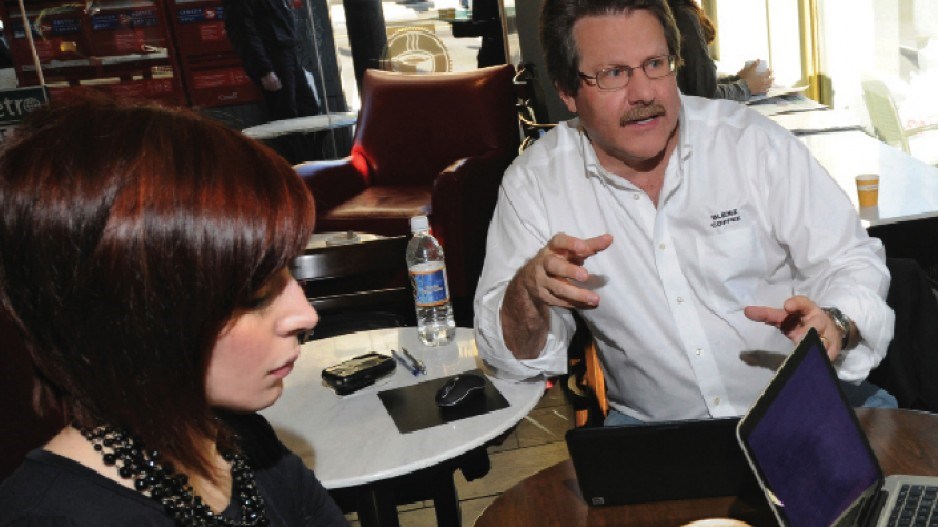When tourism industry association go2 warned earlier this month that the hospitality sector would need to recruit 101,220 workers by 2020, concerns were raised over whether the sector could sustain the increase in wages need to attract new workers.
Go2’s report estimated that retirement would create 57,000 job vacancies and industry growth would add another 44,220 within eight years.
It highlights several strategies that employers can use to fill those vacancies, including:
•conducting more staff training;
•raising awareness of job opportunities among those in under-represented groups; and
•importing foreign workers.
But missing from those strategies is raising compensation to convince workers to enter the hospitality sector as a career, according to Unite Here, Local 40 president Jim Pearson, whose union represents hotel and hospitality workers.
He said employers eager to import foreign workers are trying to weasel around the free market in Canada.
“It’s ironic that you’ve got people who characterize themselves as free enterprisers who, all of a sudden, don’t believe in the market system when it comes to labour,” he said. “They’re looking at ways to mess with the market system.”
Pearson said many hospitality employers can absorb significant wage hikes.
He noted that Tim Hortons has offered wage rates of up to $17 per hour in advertisements for staff at locations near the Alberta oilsands.
Unionized fast food staff at outlets at Vancouver International Airport make substantially more than counterparts at non-union locations, Pearson said.
His union has a collective agreement with the Greater Vancouver Hotel Employers Association that covers baristas who work at the Starbucks inside the Westin Bayshore Hotel and Resort.
They’re scheduled to get a raise July 1 to $19.74 per hour, up from $19.47.
Pearson pointed out that prices in that coffee shop are not higher despite workers getting higher wages.
But former Blenz Coffee president George Moen said the pay scale at the Westin Bayshore Starbucks is not a fair example.
“Those wages are not sustainable in the general marketplace,” he told Business in Vancouver.
Moen pointed out that workers at the Starbucks inside the Westin Bayshore are employed by the hotel, not Starbucks, and can be redeployed to perform other tasks at the Westin when necessary.
“In quick service restaurants, if your labour costs are more than 25% of your total cost, you can’t make money,” Moen said. “You need to keep your labour cost at between 20% and 25% of total expenses.”
Recent hikes to B.C.’s minimum wage put many coffee shops above the 25% threshold for labour as a percentage of total expenses, said Moen, who has left the hospitality sector to co-found Rapid Time Networks, a networking venture.
“You’re going to see restaurants laying more people off,” Moen said. “Owners will work more and give staff fewer hours.”
B.C.’s minimum hourly wage jumped to $10.25 on May 1, matching Ontario’s as the second highest in Canada. The $0.75 hike was the last stage of a three-stage increase announced by Premier Christy Clark in March 2011.
Prior to the increase, the wage had been frozen at $8 for nearly a decade. •
The 2010 Canadian Tourism Industry Compensation Study, commissioned by the Canadian Tourism Human Resource Council (CTHRC) and conducted by the Hay Group, surveyed nearly 2,000 organizations across Canada.
It noted that wages in the industry increased significantly between 2005 and 2008, but since then wage gains have been modest.
The survey found the following average wages across Canada for hospitality jobs:
$42,000: accommodations service manager
$42,000: executive housekeeper
$42,500: sous chef
$44,059: restaurant and food service manager
$45,167: travel agency manager
$58,471: executive chef
$60,000: superintendent maintenance/groundskeeper
$65,000: director of sales and marketing
$65,000: general manager




